Look how we’ve grown
It’s Oscars season and cinemas island-wide are duly shining the limelight on a wide spectrum of fine foreign films, from period dramas to sci-fi spectaculars, even if their top picks have again caused many to question if there is a certain bias to the academy’s choices, as evidenced by the trending hashtag #oscarssowhite. For those who prefer something less contentious, not to mention stories closer to Singapore’s own, a new film event, dubbed First Short, First Feature (FSFF) by Objectifs Centre for Photography and Film kicked off yesterday.
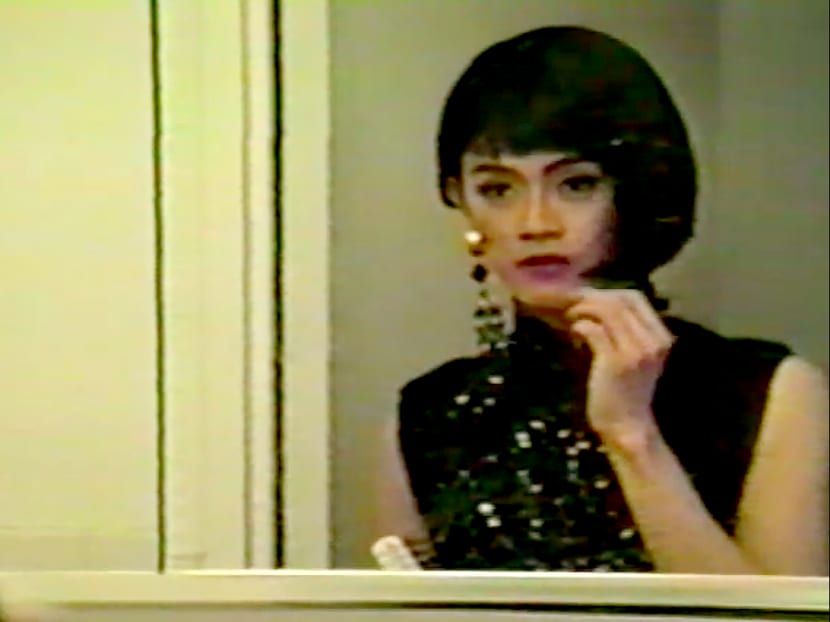
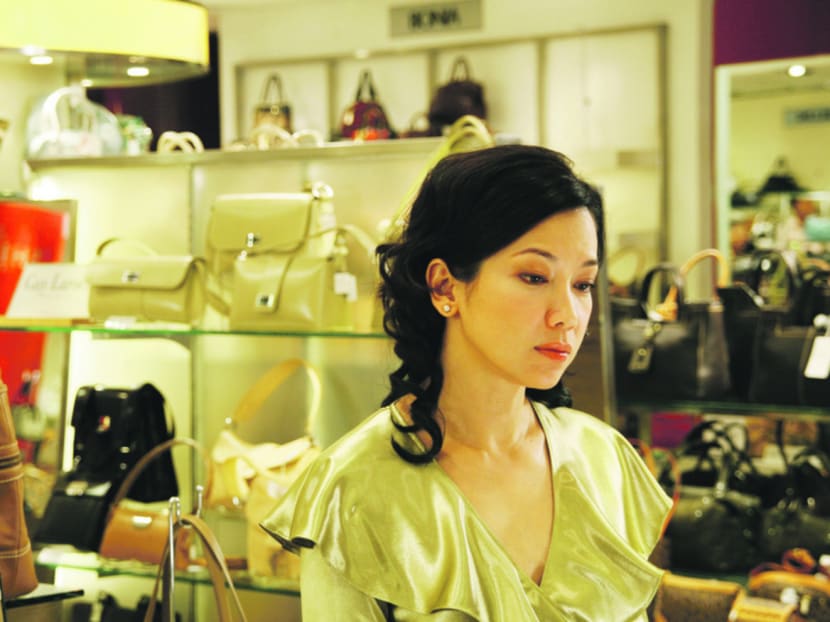
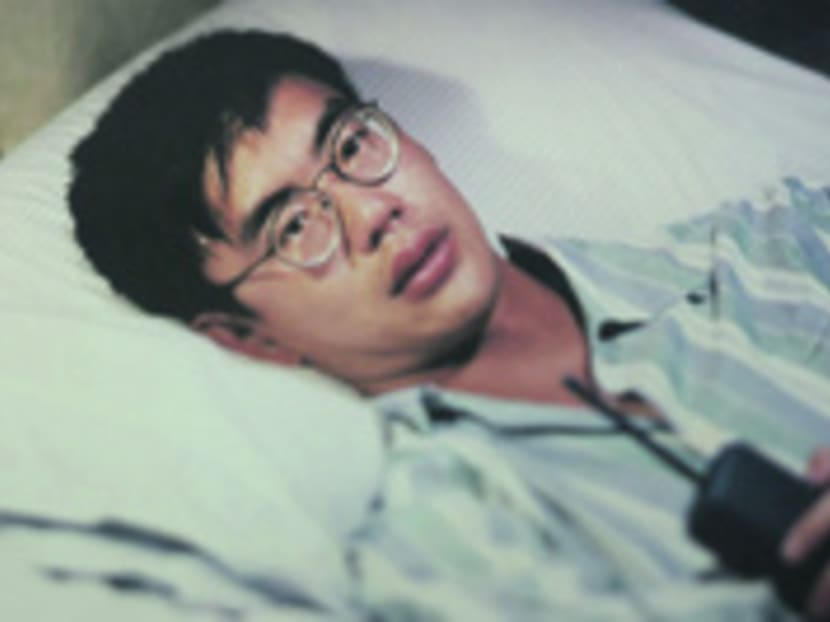
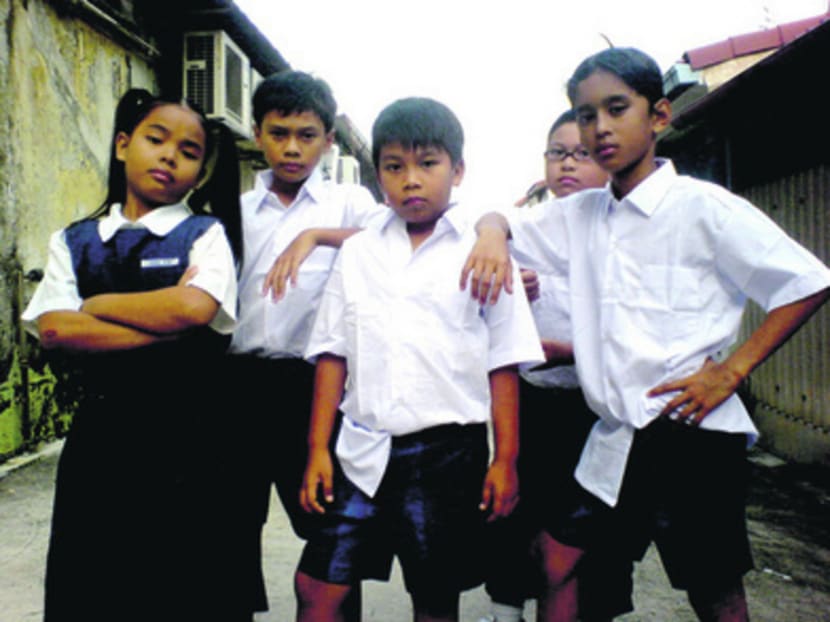
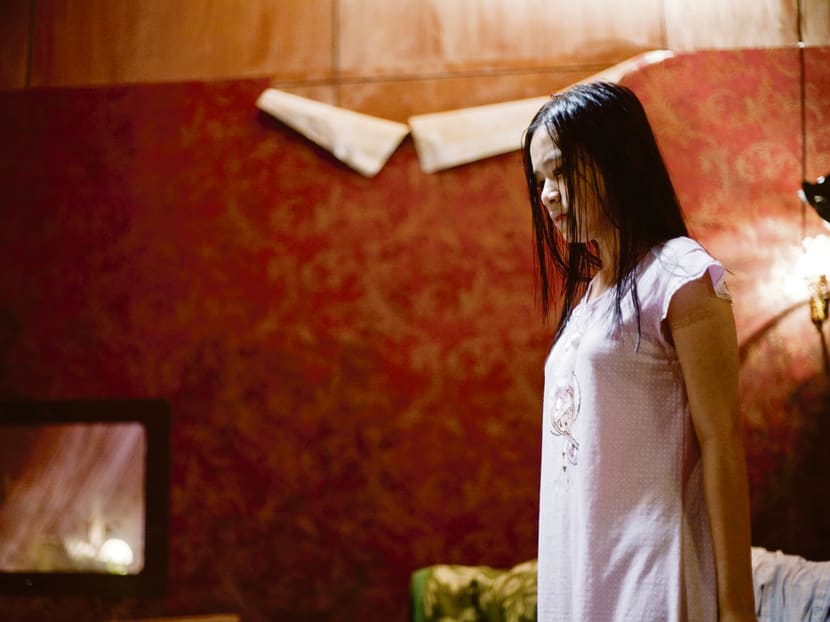
It’s Oscars season and cinemas island-wide are duly shining the limelight on a wide spectrum of fine foreign films, from period dramas to sci-fi spectaculars, even if their top picks have again caused many to question if there is a certain bias to the academy’s choices, as evidenced by the trending hashtag #oscarssowhite. For those who prefer something less contentious, not to mention stories closer to Singapore’s own, a new film event, dubbed First Short, First Feature (FSFF) by Objectifs Centre for Photography and Film kicked off yesterday.
“It’s always nice to have an alternative to what’s showing in the mainstream cinemas,” said Yuni Hadi, director of Objectifs, about FSFF — a series of screenings showcasing the first short and feature films of 10 diverse Singapore filmmakers. “I think Singaporeans care very much about our own stories, stories that represent who we are as people. We’re screening films of different genres, made between 1991 and 2014, which also allow us to see how landscapes in Singapore have changed in just that short time.”
The films run the gamut from Singapore satire, from Wee Li Lin’s Gone Shopping, to autobiographical comedies such as Raihan Halim’s Sunat, to horror-in-the-heartlands feature in Chai Yee Wei’s Blood Ties. There’s even some literal toilet humour to be had with Chai’s 2005 short film titled Lau Sai (about why two friends in two adjacent toilet cubicles are simultaneously having diarrhoea).
Boo Junfeng is best known for the 2010 coming-of-age film Sandcastle. His first short film, though, was A Family Portrait (2003), whose protagonist is a 17-year-old photographer who, for a mysterious reason, is aroused by black-and-white encyclopaedia diagrams of female genitalia.
The films are all virgin efforts, but don’t expect them to be of shoddy quality. Meng Ong’s debut feature film Miss Wonton won him the prestigious Prix Fipresci International Critics Prize at the Locarno International Film Festival in 2001, making him the only Singaporean to earn the award. Similarly, Wee’s first short film Norman On The Air won her the nod for best director at the Singapore International Film Festival in 1997.
“I was like … this is crazy,” confessed a chortling Wee. “I mean, we shot really cheaply and used a nylon stocking to give Norman a film look. I didn’t know any professional actors at the time, so it was this complete ensemble of non-actors; I essentially got my friends and friends of friends to populate the film. I didn’t have any expectations.”
Ong felt the same. “It was 1992 when I shot China Doll — the only documentary I ever made — which is about a waitress at this restaurant called Lucky Cheng’s, where all the waitresses were drag queens. During those days, there was no digital editing. I used my very cheap VHS camera and shot the whole thing for class (when I was) in New York at NYU Tisch, but it was nominated for Best Singapore Short Film for the first Silver Screen Awards and has been telecast in New York and screened in Europe.”
A PROUD LOOK BACK
You would expect these celebrated filmmakers to be at least a teeny bit embarrassed about a screening of their freshman films, but this is hardly the case. “It’s a great opportunity to reflect on how far one has come. At the same time, it’s a celebration of a certain kind of innocence and purity that comes with making a first short film, because you don’t have to deal with the business side of filmmaking,” Hadi explained.
Ong added: “Looking back at my first films, I find them very bold in their vision — I wasn’t trying to be commercial or anything like that. In fact, because of censorship issues, China Doll couldn’t be shown in Singapore and this FSFF screening will be its Singapore premiere, more than 20 years after it was made.
“When I make films now, a lot of my considerations are influenced by the marketplace — what investors want to see, what issues wouldn’t get past the censors and what would affect my chances of getting funding.”
These first films indeed present an opportunity for these directors to reflect on their passion for their craft and their journey. “I’ve definitely grown as a filmmaker, but I loved Sunat — my first short film — I think largely because it was a project done with friends,” Raihan Halim explained. “Nobody was getting paid, we were just doing it together and doing it together for love. Now that I’ve been regularly directing things for television and working on my next movie, I think it is right to work professionally, and to pay professionally. But I miss the craziness of Sunat. It helped me express my voice and style, which I think are still present in my work today.”
These filmmakers are also excited to get a glimpse into what their lives, and the lives of other Singaporeans, were like at the time. “Looking at Norman will really be looking at a time capsule, everything is from 1996 or 1997,” Wee said with a laugh. “I may cringe whenever there are slightly bad acting moments from the non-actors, because, as the director, I take responsibility for it. But, actually, I think that will kind of endear the film to me; it was what we had at the time, and it doesn’t try to be more than what it is.”
Halim might cringe, too, but for different reasons. “I had a cameo in the film, and I was literally half the man I am now, because it was right after (my National Service) and I was thin. I think seeing that might give me a shock,” he quipped, but added that the film is also very much about who he was then, and it that “will be interesting to look back on”.
Watch Local: First Short, First Feature runs until March 4 at Objectifs Centre for Photography and Film.
Visit http://www.objectifs.com.sg/watchlocal2016/ for programme details.








